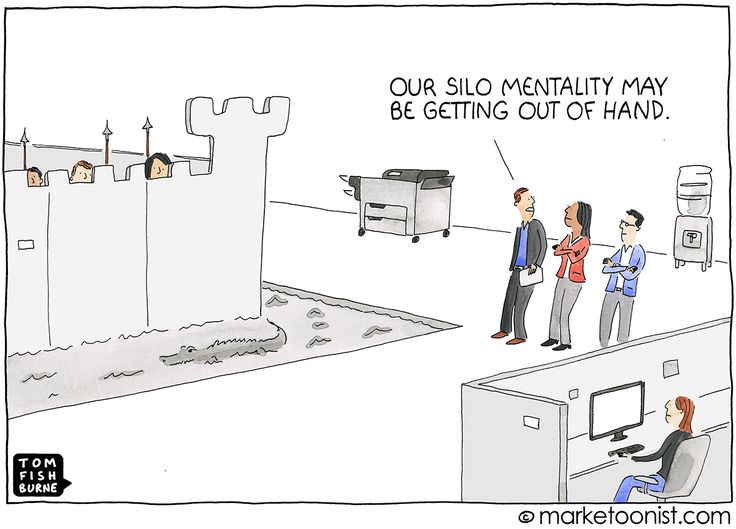Marketing Analytics Part II - Marketing Teamwork
In my previous post Marketing Analytics Part I - Good Metrics, I talked about how businesses are increasingly turning to data and analytics to gain deeper insights into their strategies and outcomes.
In this post, I will continue with the theme of Marketing Analytics. As a companion to the Good Metrics post, I will consider the benefits and frustrations that having dedicated marketing analytics capabilities can bring.
Benefits
Measurable ROI: For certain types of campaigns or activities, data and analytics can provide visibility into the return on investment or spend, helping businesses allocate resources effectively.
Improved Customer Knowledge and Engagement: How are Marketers like earthworms? They have segments! Data and analytics can help marketers better understand customer needs, wants and behaviour. This allows for personalized and more engaging marketing campaigns, including improved segmentation.
Competitive Advantage: Businesses that leverage analytics can stay ahead of market trends and consumer preferences, giving them a competitive edge in the marketplace.
Data-informed Decision-making: Decisions based on data analysis are grounded in empirical evidence and can work with gut feel or intuition. Just make sure you’re not using the data to agree with what you’ve already decided to do!
Improved Efficiency: Instead of tossing a coin, playing rock-paper-scissors or taking a vote to make a decision on which idea to implement, analytics can help optimize strategies and select ideas based on which ones are most likely to succeed. This can improve productivity and resource utilization.
Frustrations
Resource-intensive: Implementing and managing marketing analytics tools and large volumes of data can be resource-intensive, requiring specialized expertise. Building and maintaining a strong analytics team requires significant investment in talent, technology, and infrastructure.
Data Governance Challenges: Data sources are often siloed, limiting integration and collaboration. This can result in fragmented insights across the organization. Handling large volumes of data not only raises concerns about customer privacy and security but can result in inaccurate or incomplete data, which can compromise the reliability and validity of analytical findings.

Resource Challenges: Highly skilled analysts can be a bit like unicorns. Valuable and rare – maybe imaginary? Not only are they capable of data manipulation, processing, and visualization but they must also be able to contextualize data insights and convey complex analytical findings in a clear and compelling manner. Being talented and skilled in both hard and soft skills can be very hard (dare I say impossible?) to find, especially in more junior analysts who may not have had the time or experience to develop their communication skills and business acumen.
ROI Uncertainty: Not all campaigns and activities are measurable and businesses may struggle to quantify the tangible returns. And let’s be honest, if they have to justify the costs while the value of the benefits are hard to calculate, this can lead to skepticism and disillusionment.
Just as most things in life, having dedicated marketing analytics capabilities isn’t all sunshine and roses. Along with the benefits it brings, there are challenges and frustrations as well. However, when developed strategically (with a goal or purpose in mind), growing the capabilities as needed (not just keeping up with appearances) and being committed to adopting data-informed practices, having dedicated analytics capabilities in Marketing can really make the team…work!
